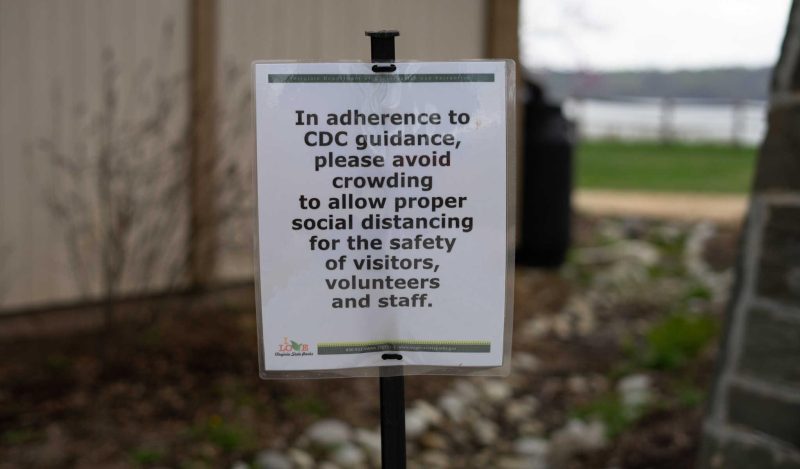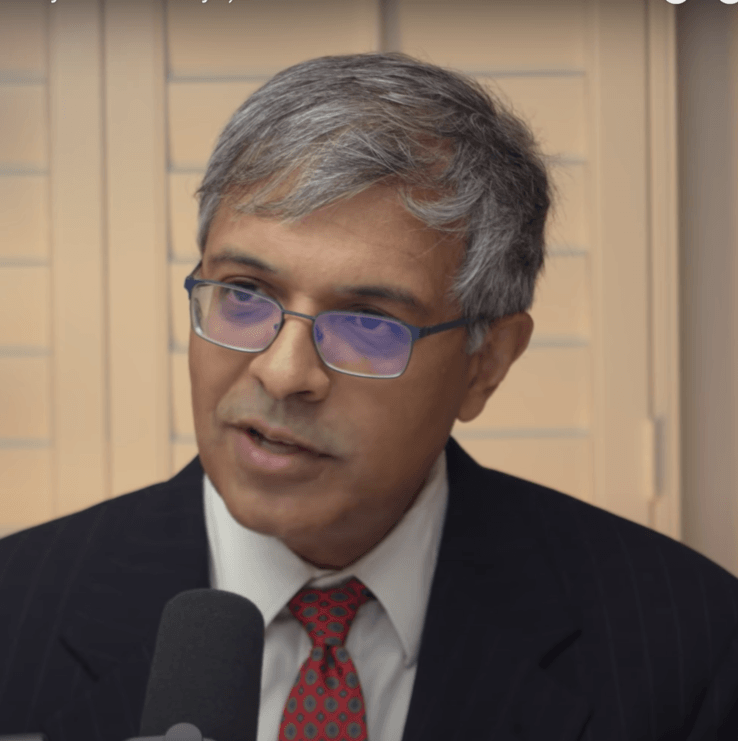Over the past three years, the public has seen first-hand the tremendous power the public health establishment wields. Using emergency power that most people never realized an American government possessed, public health violated Americans’ most fundamental civil rights in the name of infection control.
We endured three years of useless and divisive policies, including lockdowns, church and business closures, Zoom schools, mask mandates, and vaccine mandates and discrimination. Now that the WHO has declared the end of the covid pandemic and CDC Director Rochelle Walensky has announced her resignation, it is time for states to take action to limit the power of public health so that a repeat never happens again.
Contrary to what you hear these days from those making poor decisions throughout the pandemic, many of the errors were not honest mistakes. Public health embraced positions at odds with the scientific evidence throughout the pandemic, for instance, by pretending that immunity after COVID recovery does not exist, and by overstating the ability of the vaccine to stop COVID infection and transmission. Despite many getting vaccinated, COVID spread and people died anyway, with tremendous collateral harm—both economic and in terms of public health—deriving from the favored policies of our public health institutions.
It is time to adopt laws to limit the powers of public health.
Because public health used two tactics to enact its will on the public, the restrictions on public health power must address both. First, it promulgated direct mandates and binding “guidances” that were enforced by the police power of the government. For example, in the spring of 2020, the police arrested a paddle boarder for the crime of enjoying an empty Southern California beach on a sunny day.
Second, public health authorities induced fear by exaggerating the mortality risk of covid infection. This tactic also worked: Surveys show that people vastly overestimate the risk of dying if infected. It’s no coincidence that large corporations, small businesses, and regular people “voluntarily” enforced public health guidance even beyond the letter of the recommendations. The “guidance” issued by the CDC and the WHO, which was not subject to prior public comment or cost-benefit analysis, took on the force of law.
Legislation is crucial to combatting this grave abuse of the public, especially given how public health’s tyrannical playbook is now the accepted norm among public health leaders at the national and international levels. The WHO’s revision of its International Health Regulations and new pandemic treaty push member states to increase the power of centralized public health authorities during health emergencies. The recently released “Lessons from the Covid War” by the Covid Crisis Group excuses the sins of public health by blaming its failures on insufficient funding for public health priorities and inadequate power. As things stand, in the next pandemic, the lockdowns will recur.
The good news is that some states are adopting laws to limit public health authorities’ ability to impose draconian emergency interventions without proper justification. One example is SB 252, just passed by the Florida legislature. The bill prohibits both government and private businesses from discriminating against people based on COVID vaccination, prohibits involuntary COVID testing, and limits the deployment of mask requirements (except for healthcare providers). Most importantly, the bill prohibits government entities and educational institutions from treating WHO and CDC guidance as if their pronouncements were law—unless the state explicitly adopts it.
While some of these protections, like the ban on COVID vaccine mandates, were already in place in Florida, these restrictions were due to expire soon. SB 252 will permanently restore the proper place of public health as an institution that issues recommendations rooted in science rather than quasi-legal “guidance”—a wise policy given that businesses and educational institutions cannot reliably evaluate the science underlying public health diktats.
But the bill doesn’t just protect our rights as citizens; it’s good for public health, too.
Before the pandemic, I naively thought that a commitment to basic ethical principles constrained public health actions, and would therefore have opposed the Florida bill banning discrimination based on vaccination status. Now, I see the bill’s wisdom. I have learned not to trust public health authorities with expansive power anymore.
And I am of course not alone. Public trust in public health has cratered due to overzealous enforcement of its guidance far past diminishing returns. It can only recover once public health authorities face the same checks and balances as other parts of government.
In theory, there is a risk to restricting public health action: It will make coordinated nationwide action more difficult in the next pandemic. What if next time, we have a disease outbreak that requires every part of the country to shut down everywhere, all at once, for a long time?
It’s exceedingly unlikely that such a situation would occur, though it’s easy to articulate in science fiction novels. It’s certainly never happened in the country’s history.
It’s not that there won’t be another pandemic: There will be. But a uniform national response will never be the right response, for the simple reason that the US is such a large, geographically and culturally diverse country. Early spread will happen in hotspots, while others will not be affected until later.
Responses that account for local situations will be needed, and bills like SB 252 make that more likely.
Now that states are moving to restrict public health powers, public health authorities face a choice that will decide whether the public will ever trust public health again. They can fight a partisan political battle against these laws, and the collapse of public trust in public health will continue apace. Or they can gracefully accept limits to their power in light of their pandemic failures.
If public health opts for the latter, rejects authoritarian power, and restores its commitment to basic ethical principles, it may regain the public’s trust so that it can creatively address the challenges to health that the American people now face.
Reprinted with author permission from Newsweek
Published under a Creative Commons Attribution 4.0 International License
For reprints, please set the canonical link back to the original Brownstone Institute Article and Author.









